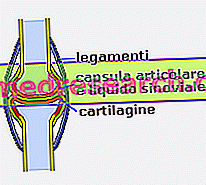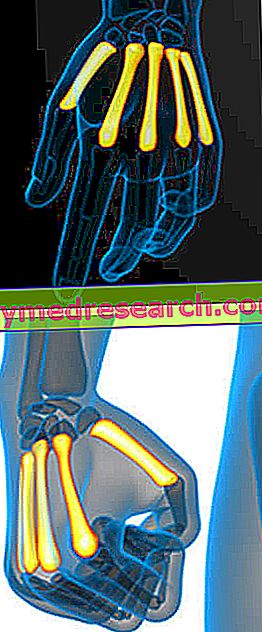
What is Efient?
Efient is a medicine that contains the active substance prasugrel. It is available as two-headed arrow tablets (yellow: 5 mg; beige: 10 mg).
What is Efient used for?
Efient is taken together with aspirin to prevent atherothrombotic events (ie problems caused by the formation of blood clots and arterial stiffening) in patients with acute coronary syndrome who undergo percutaneous coronary intervention. Acute coronary syndrome is a series of disorders that include unstable angina (type of severe chest pain) and heart attack. Percutaneous coronary intervention is an operation that serves to unblock the coronary arteries (blood vessels of the heart) that have shrunk.
The medicine can only be obtained with a prescription.
How is Efient used?
Treatment with Efient starts with a single 60 mg dose, followed by 10 mg taken once a day, except in patients weighing less than 60 kg, who must take 5 mg once a day. The medicine can be taken on a full or fasting stomach. Patients taking Efient should also take aspirin at the dose indicated by their doctor. The recommended duration of treatment with Efient and aspirin is up to one year.
Efient is not recommended for use in young people under the age of 18 due to a lack of information on safety and efficacy for this age group. It is also not recommended in patients over 75 years, unless the doctor has carefully considered the benefits and risks and considers treatment with Efient necessary. In this case, after the initial dose of 60 mg, the daily dose of 5 mg is continued.
How does Efient work?
The active substance in Efient, prasugrel, is an inhibitor of platelet aggregation, which means it helps prevent blood clots. When the blood coagulates, this happens due to particular blood cells, the platelets, which adhere to each other (aggregation). Prasugrel interrupts platelet aggregation by preventing a substance called ADP from binding to a receptor on their surface. In this way the platelets lose the ability to attach to one another, thus reducing the risk of clots forming and helping to prevent heart attacks or strokes.
What studies have been carried out on Efient?
The effects of Efient were first tested in experimental models before being studied in humans.
In a main study Efient, administered in a starting dose of 60 mg followed by maintenance doses of 10 mg, was compared with clopidogrel (another platelet aggregation inhibitor); both medicines were taken together with aspirin. The study involved almost 14, 000 adults with acute coronary syndrome about to undergo percutaneous coronary intervention. The main efficacy parameter was the reduction in the total number of cardiovascular deaths (or death due to problems with the heart or heart vessels), heart attacks or strokes. Patients were rechecked for an average of 14.5 months.
What benefit has Efient shown during the studies?
Efient was more effective than clopidogrel in reducing the total number of cardiovascular deaths, heart attacks or strokes. At the end of the study, 9% of patients taking Efient had died of cardiovascular causes or had a heart attack or stroke (643 out of 6 813) compared to 11% of patients who took clopidogrel (781 out of 6 795).
What is the risk associated with Efient?
The most common side effects associated with Efient (ie seen in between 1 and 10 patients in 100) are anemia (low red blood cell count), hematoma (accumulation of blood under the skin or in a muscle), epistaxis (nosebleeds), gastrointestinal bleeding (bleeding in the stomach or intestines), rash, haematuria (blood in the urine), bleeding at the point where the needle has penetrated, hematoma at the puncture site and bruising. For the full list of all side effects reported with Efient, see the Package Leaflet.
Efient should not be used in patients who may be hypersensitive (allergic) to prasugrel or any of the other ingredients. It cannot be used in patients suffering from disorders that cause excessive bleeding, stroke or transient ischemic attack (temporary reduction of blood supply to one part of the brain) or severe liver problems.
Why has Efient been approved?
The Committee for Medicinal Products for Human Use (CHMP) decided that Efient's benefits are greater than its risks, when given together with aspirin, for the prevention of atherothrombotic events in patients with acute coronary syndrome who undergo primary coronary intervention or delayed percutaneously. The Committee recommended that Efient be given marketing authorization.
What measures are being taken to ensure the safe use of Efient?
The company that makes Efient will ensure that in all Member States, information materials are made available to doctors who treat patients with this medicine. The materials will include information on the safe prescription of the medicine, reminding the doctor that the medicine is not recommended for patients over 75 years.
More information on Efient:
On 25 February 2009, the European Commission issued a marketing authorization valid for Efient, valid throughout the European Union, to Eli Lilly Nederland BV.
For the full EPAR for Efient, click here.
Last update of this summary: 01-2009.



